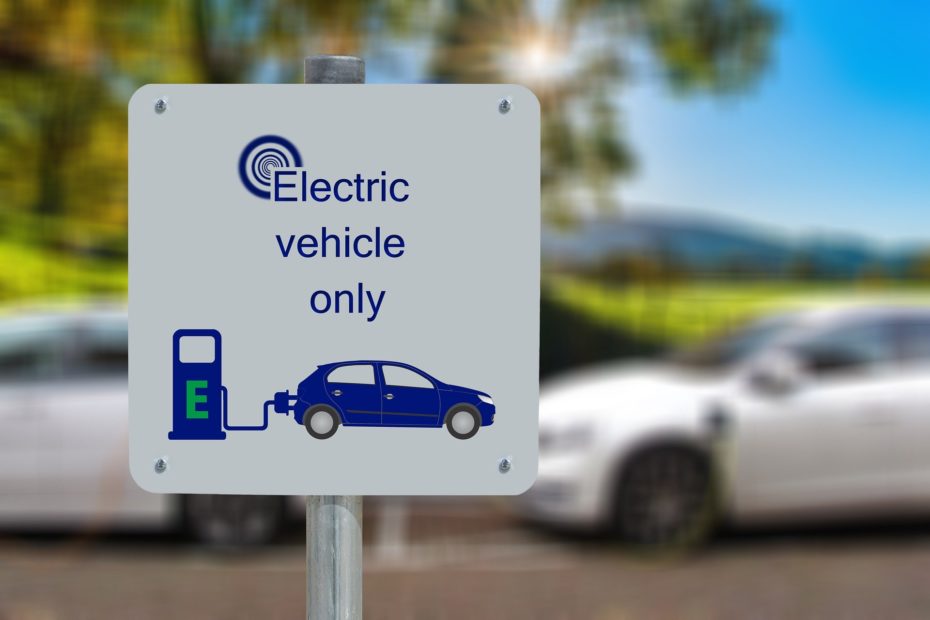Batteries for electric cars are the main part of these vehicles.
Let’s have a look at how do they work, how they can be disposed and how much do they cost.
The core of the electric cars development and market spread are their batteries.
Actually, all car industries are investing to rise their performances to reach the autonomy of hundreds of kms before being re-charged.
1. Electric car batteries: what are them and how do they work?
Electric car batteries are the core part of each car as they can accumulate chemical energy, releasing it in an electrical form.
The electrical energy produced by each battery is transferred to the electrical engine that transforms it in mechanical energy.
How do electric car batteries work?
Battery functioning is rather complex but it can be better described in this way:
The chemical process happening inside the battery generates an electrons flow. This flow swifts from a negative pole (anode) to a positive pole (cathode) through a substance called electrolyte that generates a constant current able to move the car.
2. Types of electric car batteries
Along the years several types of batteries have been produced, and they basically differ ones to the others by the type of substance they have inside.
Lead car batteries
The internal substance has not always been liquid. Actually the first batteries contained lead, they were in fact less efficient and about 10 hours were necessary for them to be re-charged.
NiMH electric car batteries
To the previous one, the Nickel-Metal-Hydride (NiMH) batteries have followed, assembled on the first electric cars as Toyota Prius model. NiMH batteries have a metal alloy anode and a nickel cathode but, despite this, their performance is rather low and they are not so popular.
Lithium-Ion electric car batteries
Current batteries on electric cars are lithium-ion ones.
These have a lithium-cobalt oxide cathode with a graphite anode and they have been created to improve performances and efficiency. Despite the high improvement in this sector, these batteries are not the perfection neither, as they lose potential to every new charge done.
Solid-state batteries
In order to avoid to lithium-ion battery issues, new research is done towards solid-state batteries.
They are in fact the most recent batteries carrying inside a non-liquid material, as ceramic or glass, able to better move ions between the anode and the cathode, rising in this way the energetic density of the battery.
3. Duration of electric car batteries
A core issue, when talking about electric car batteries is actually their duration, showed in years or also in thousands of Km by car manufacturers.
Today lithium-ion batteries on the market have a maximum expectancy lifespan of 8 years, that means a different km distance according to the electric car performance.
Car manufacturers grant, in fact, a specific battery life according to each car model, as:
- Toyota Prius: 8 years and 300.000 Km
- Tesla Model S: 8 years and 250.000 Km
- Nissan Leaf: 8 years and 160.000 Km
- BMW i3: 8 years and 100.000 Km
- Electric car battery costs
Another important issue related to electric car batteries is cost. It has to be understood that to the car price, also electric battery purchasing or renting cost has to be added.
The majority of car manufacturers offers two possibilities to their customers:
- Battery rental: a monthly fee will be charged to use the battery. In case of problems it could be replaced without any additional cost.
- Battery purchase: a battery can be purchased from 3.000 € to 10.000 € but no free replacement service is granted in case the warranty has expired.
Some car manufacturers as Renault or BMW offer also an upgrade battery service: from 3.500€ upwards the car battery can be replaced with a most advanced and performant one.
4. Battery disposal
Along with expectancy lifespan, also electric car battery disposal is a main issue. Lithium-ion batteries in fact, the bestselling models, are composed by chemical materials as nickel and cobalt that can be re-used again, with the proper technologies.
At the moment the lithium battery disposal is done in these 2 ways:
- Battery substances recovery: specialized disposal centres are able to recover nickel and cobalt contained in batteries.
- Battery re-usage: exhausted batteries can be used again to carry out other tasks as road lamp or domestic appliances powering or to store solar panel energy
